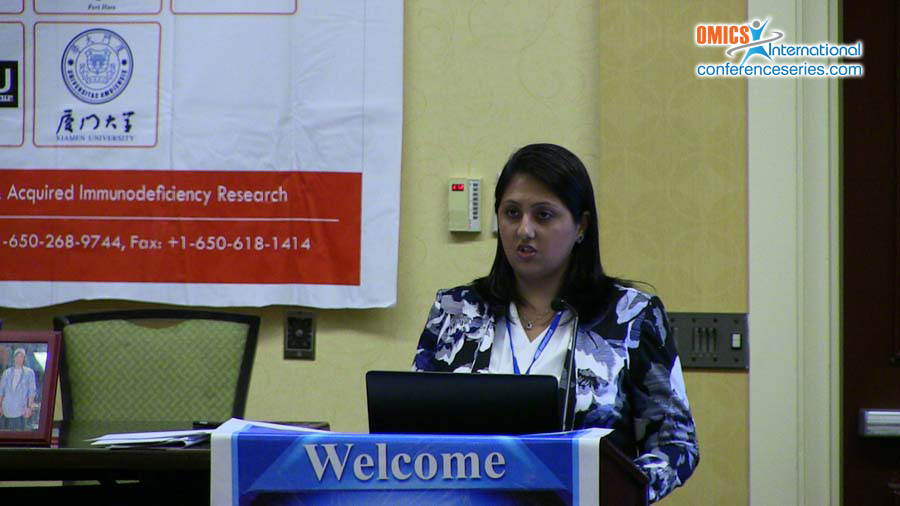
Sahreen Malik Bhanji
Aga Khan University School of Nursing and Midwifery, Pakistan
Title: Social determinants of depression among HIV positive patients in Karachi, Pakistan
Biography
Biography: Sahreen Malik Bhanji
Abstract
The advancement in treatment regimens, in the form of various anti-retroviral treatments (ART) for treating HIV/ AIDS, has helped its victims to achieve a longer life expectancy (Biswas, 2007). However, the challenge now for them is to live a better quality and mentally healthy life. Asante (2012) states that once a person is diagnosed with HIV, he is likely to suffer from low self- esteem, social isolation, and poor psychological well-being, eventually leading to inability to cope with the entire situation. The prevalence of depression in HIV/AIDS patients has been reported in different studies to be ranging from 22%–45%, compared to 5% and 15% prevalence in the general population (Biswas, 2007; Buckingham, Schrage, &Cournos, 2013; Kilmarx, 2009; Mello, Segurado, &Malbergier, 2010). This suggests that depression is one of the most prevalent psychiatric diagnoses observed among HIV-positive individuals with greater reported prevalence than the general population. Depression related to certain outcomes and risk behaviors, like poor adherence to medication regimen, feelings of self-neglect, apathy, forgetfulness, and decreased immune function (Asante, 2012). Some evidences suggest that it may also be associated with increased mortality in HIV-infected individuals (Overman& Anderson, 2001). While these studies in the existing literature suggest a high rate of depressive illness and symptoms among people living with HIV, they have not been able to focus on the definite causes of depression among this group.
Speaker Presentations
Speaker PDFs
Speaker PPTs Click Here



